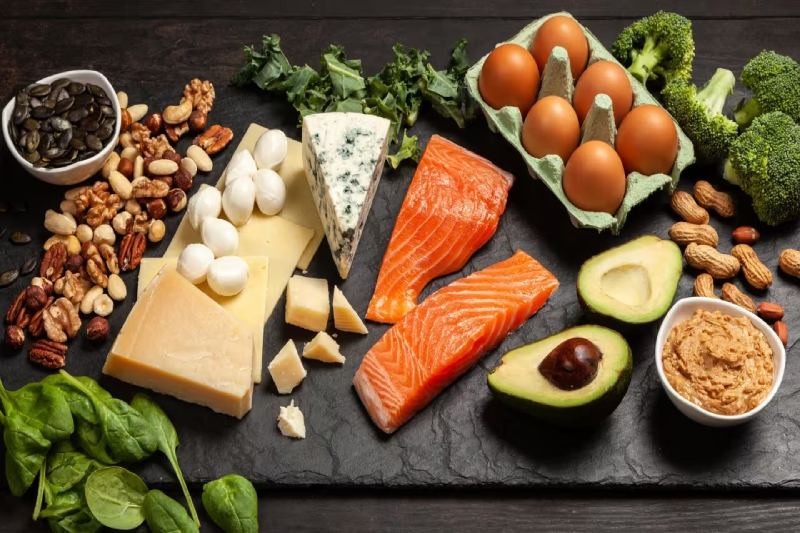There is usually a lot of discussion around nutrition, and people have strong beliefs about which diet is optimal for maintaining long-term health. On the other hand, the effects of various diets on the immune system remain largely undetermined in science. In order to learn more, US National Institutes of Health (NIH) researchers examined the effects of two of the most popular diets today, vegan and ketogenic (or keto), on the body’s capacity to fend against disease.
The ketogenic and vegan diets are somewhat diametrically opposed to one another. Vegan diets are typically higher in carbs and lower in fat because they don’t include any goods originating from animals. On the other hand, the goal of the keto diet is to induce a state of ketosis in the body, when glucose are not used as fuel but rather fat that has been stored. You must follow an extremely low-carb, high-fat diet in order to do this.
There has been much discussion on which of these two diets is “best,” but the immune system’s possible impacts were the only topic of this study.
Twenty participants were chosen at random, representing as wide a range of ages, body mass indices (BMIs), genders, and ethnicities as feasible. Throughout the trial, every individual tried both diets, sticking to one for two weeks before switching to the other.
The participants spent the entire experiment living on-site at the Metabolic Clinical Research Unit to guarantee that everything could be meticulously monitored. They were given snacks and meals that followed the right diet and were free to eat as much as they pleased as long as they followed the vegan or keto guidelines.
Samples of blood, urine, and feces were taken for analysis on a regular basis. Utilizing a multi-omics analytical methodology, the researchers combined a wide range of data sets, including metabolic, biochemical, and microbial alterations.
Overall, the individuals who followed the vegan diet consumed less calories than those who followed the keto diet. The two diets’ contents differed greatly, as was to be expected: the keto diet consisted of about 76 percent fat and 10 percent carbohydrates, while the vegan diet had roughly 10 percent fat and 75 percent carbohydrates.
The body’s defenses against viruses are part of the innate immune system, and switching to a vegan diet quickly altered these pathways. Perhaps because it had more iron, it also enhanced pathways associated with red blood cells. Making the switch to a ketogenic diet soon resulted in an increase in adaptive immune system functions, including cellular pathways that connect T and B cells.
Additionally, it appeared that a wider range of blood proteins and bodily tissues were affected by the ketogenic diet. The increased protein in the ketogenic diet may account for the scientists’ other findings, which included modifications in the metabolism of amino acids.
Even with such brief adherence to the regimens, both diets resulted in changes to the participants’ microbiomes. The outcomes were unaffected by the sequence in which the diets were followed.
Considering the diversity of the people, the study authors observed that the effects were very consistent. However, they assert that larger sample sizes are now required for further research in order to focus on particular immune system components.
“Deeping into the mechanisms through which human nutrition controls immunity may significantly enhance our capacity to create tailored nutritional strategies that avert and cure illness,” the authors state in their publication.
“We believe that our present findings further highlight the great potential of highly controlled dietary interventions to better understand integrative physiology, improve human health and mitigate disease.”
Topics #immune system #Keto #Vegan Diets










